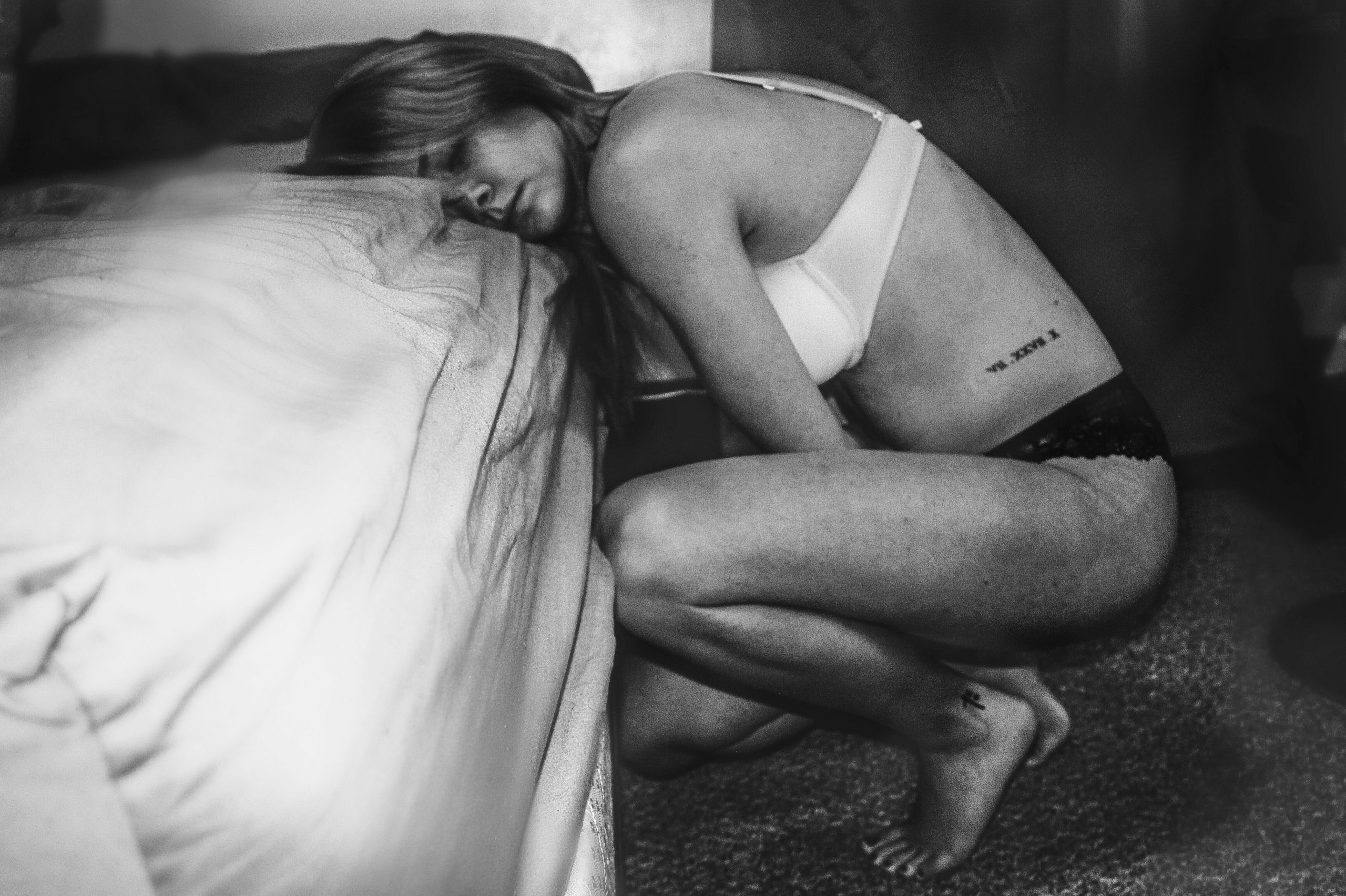A friend recently shared with me a little video of a woman having what you might call a right hissy fit in a takeout restaurant over a polite request that she don a mask for the safety of those in the establishment. She was provoked, to put it mildly, and flew into a wild rage, vitriol pouring forth from the old pie-hole. I stood up, watched the little film from my friend’s cellphone, presented to me in the clutches of her outstretched hand, sat back down and suddenly felt so dizzy I was convinced that I was about to pass out.
I have, for most of my life, cursed this sensitivity of mine. Intense emotions will reach out and clobber me, causing light-headedness and often sleeplessness. But, in the case of this little video, I found the results highly informative.
First off, let me say that I think it is a marvelous thing that so many are at the ready with their phones to capture on film evidence of outrage and wrongdoing, making it a clearer case when it comes to establishing whether or not a wrong has been committed. These films can be little instruments of truth, erasing the gray areas of defensive argument. Many will bemoan the young and their attachment to their phones, but if it were up to me to provide the evidence for a crime, for example, by the swift movement to snatch my phone and take a film, we would still be living in the Stone Age. “Wait a minute, “ I would mumble, digging around in my bag, “I know it’s in here, or maybe not…hold on… this could be it… nope, false alarm, must have left it at home…” all the while a massacre is taking place before me.
In the case with the film of this furious woman, she was not committing a crime, just expressing her frustration, the result of what I have come to understand as the chaos in and around her psyche. I could almost see its swirling, erratic movement, like a whirlwind of mud and sharp stones, pelting her soul, wounding her and covering her with filth, as the remnants flew about the place, and even grazed me as I watched from the safety of time and virtual distance.
I thought of this angry woman when I tucked into bed, and again when I woke in the morning. This swirl of sharp edged gravel, this chaos of anger was an indication that she was wildly out of balance, this was clear. But, I wondered, what would it take to bring her spirit into harmony? Too often we think that the only thing that will bring a spirit that is that filled with rage into balance is some sort of tough correction, something as sharp as her own tongue. We like to think that her behavior will get her into deep trouble someday, really “teach her a lesson.” But I don’t believe a harsh correction would work to bring this woman around. It would only serve to further ignite her wrath. Like poking a wasp’s nest, it would have the opposite effect than the one hoped for. As much as we might delight in a good comeuppance, a ripe humiliation to a misbehaving spirit, I don’t believe that God works this way. Not the Good Father. When we think, “Ooo, that person really needs to be taught a lesson,” we are typically envisioning something ouchy, something as mean as the behavior they are exhibiting. But again, I don’t believe that God thinks that way. I suspect the only thing that scrapes the pebbly crust off our troubled sprits is love. From what I have witnessed, our crusts are less likely to be cracked off then they are to be melted off. They can be bruised and battered, beaten up by the circumstances of our lives, but the final shedding is the result of the offering and acceptance of love.
In the case of the troubled woman on the little film, I did not come to my gentle conclusion immediately, though I did manage, by morning, to think it best to simply pray for her. And not with any agenda attached, any, “you know what might be best for that one,” sort of thinking, but a hope that she might someday know real love. A person who is properly loved and knows how to properly love couldn’t have behaved toward her fellow humans as she did.
“What’s wrong with that person?” we often ask.
The same thing that is wrong with you and with me. We are human, and when confronted with chaos, when caught in a hurricane of fearful and loveless thoughts, we are capable of all sorts of difficult behavior.
“God has something up his sleeve for that one,” I will eventually conclude when I see someone misbehaving, “I don’t imagine He needs my input.”
We are only as big-hearted as the sum of the whole of the human family. If we could see the truth of this while looking down on our planet, from some distant star, we would skip all fantasies for another’s harsh correction and simply wish them loved. The world needs everyone’s involvement on this one. The Kingdom will not come until that woman is loved and healed, or as Kahlil Gibran put it, “Like a procession you walk together towards your God-self.”
I have recently been enjoying Kahlil Gibran’s The Prophet, a book many Baby Boomers will associate with some of the cornier phrases delivered at weddings in the sixties and seventies. I confess I avoided the book for most of my life for this shallow reason. I am so grateful that I finally dove in to discover its depths. I am finding the book extraordinarily beautiful.
In it Gibran writes,
“Oftentimes have I heard you speak of one who commits a wrong as though he were not one of you, but a stranger unto you and an intruder upon your world… As the holy and the righteous cannot rise beyond the highest which is in each one of you, so the wicked and the weak cannot fall lower than the lowest which is in you also. … a single leaf turns not yellow but with the silent knowledge of the whole tree.”
This seems a call to love. Keep loving, my friends. Keep loving the ones who have been swept up and into chaos, keep loving the troubled ones.
Margaret Dulaney is an author, playwright and essayist, and founder of the spoken word website Listenwell.org. Her latest book, The Parables of Sunlight, is about leaving NYC and finding hope in the country.
Photo by Nathan Dumlao on Unsplash



